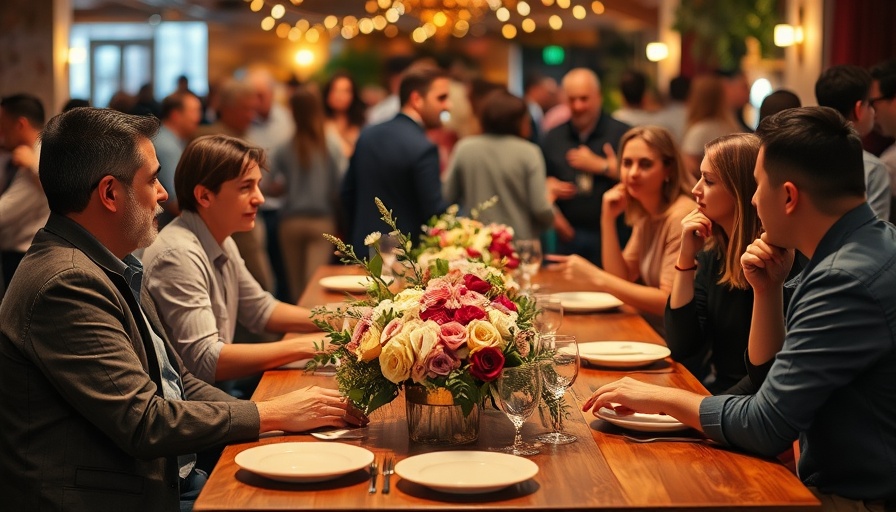
Understanding Friend Group Dynamics: The Silent Storm
Friend groups can often feel like a tangled web, where emotions run high and conflicts can emerge without warning. Drama within friend groups might seem trivial, but its effects can reverberate beyond simple disagreements. Whether it’s jealousy, misunderstandings, or unspoken grievances, navigating friend group drama requires tact and balance. In this guide, we’ll explore how to manage these situations effectively without taking sides.
Navigating Through the Tension
First and foremost, it’s essential to approach the situation with empathy. Friends may have different perspectives that deserve recognition. Instead of jumping to conclusions or taking sides, try actively listening to both parties. Understanding their feelings allows you to become a mediator instead of a participant in the dispute.
The Value of Open Communication
Often, conflicts in friend groups arise from miscommunication or lack of communication altogether. Encourage dialogue among all parties to clear the air. Sometimes, all it takes is a heartfelt conversation to resolve differences. Furthermore, fostering an environment where everyone feels safe to express their thoughts can prevent future miscommunications.
Emphasizing Meaningful Connections
The core of any friendship is the connection between individuals. Instead of focusing on the drama that unfolds, remind your friends of the stronger bonds they share. Reflecting on shared positive experiences can create a momentary pause in the conflict, allowing for a more constructive conversation. Recognizing mutual support can help maintain the integrity of your friendship group.
Finding Common Ground
Before deciding who’s right or wrong, concentrate on the issues at hand. Identify shared interests or goals that might unify the group. For example, if your friend group is passionate about health and wellness, consider planning activities that focus on collective well-being. This shift in perspective can help diffuse tension while working towards a common goal. Group activities related to health—like a day out at a wellness event or fitness workshops—could transform competitive energy into collaboration.
A Plan for Peaceful Resolution
To navigate drama effectively, it might help to outline a simple plan for resolution. Each party should have a chance to speak without interruption. Summarize each person's point of view to clarify the issue, then brainstorm potential solutions together. This collaborative approach not only resolves the current dispute but can strengthen the bonds within your group.
Tools and Techniques for Stability
Maintaining healthy relationships can benefit from practical tools. Implementing regular check-ins among friends, where everyone can share their feelings in an open environment, can prevent the buildup of unresolved issues. Additionally, engaging in relaxing group activities such as yoga or mindfulness sessions can counteract the stress caused by drama, often enhancing emotional stability within the group.
Embracing Future Challenges Together
While it’s vital to address conflicts when they arise, it's equally important to equip your friend group with the skills to handle future disagreements proactively. Encourage honesty and openness moving forward. When friends know they can voice their concerns freely, it safeguards the bond and ensures that drama does not take hold in the future.
Conclusion: The Power of Resolution
Ultimately, handling friend group drama responsibly is about fostering an environment of respect and understanding. The path may be challenging, but nurturing communication and connection can lead to a deeper friendship. Embrace conflicts as opportunities for growth and make it a habit to recalibrate your relationships through open dialogue and shared experiences.
For those who want to explore how group dynamics can affect wellness, consider participating in local health and wellness events in your area. Engaging in mutual health interests can help strengthen bonds while promoting healthier lifestyles.
 Add Row
Add Row  Add
Add 




 Add Row
Add Row  Add
Add 


Write A Comment